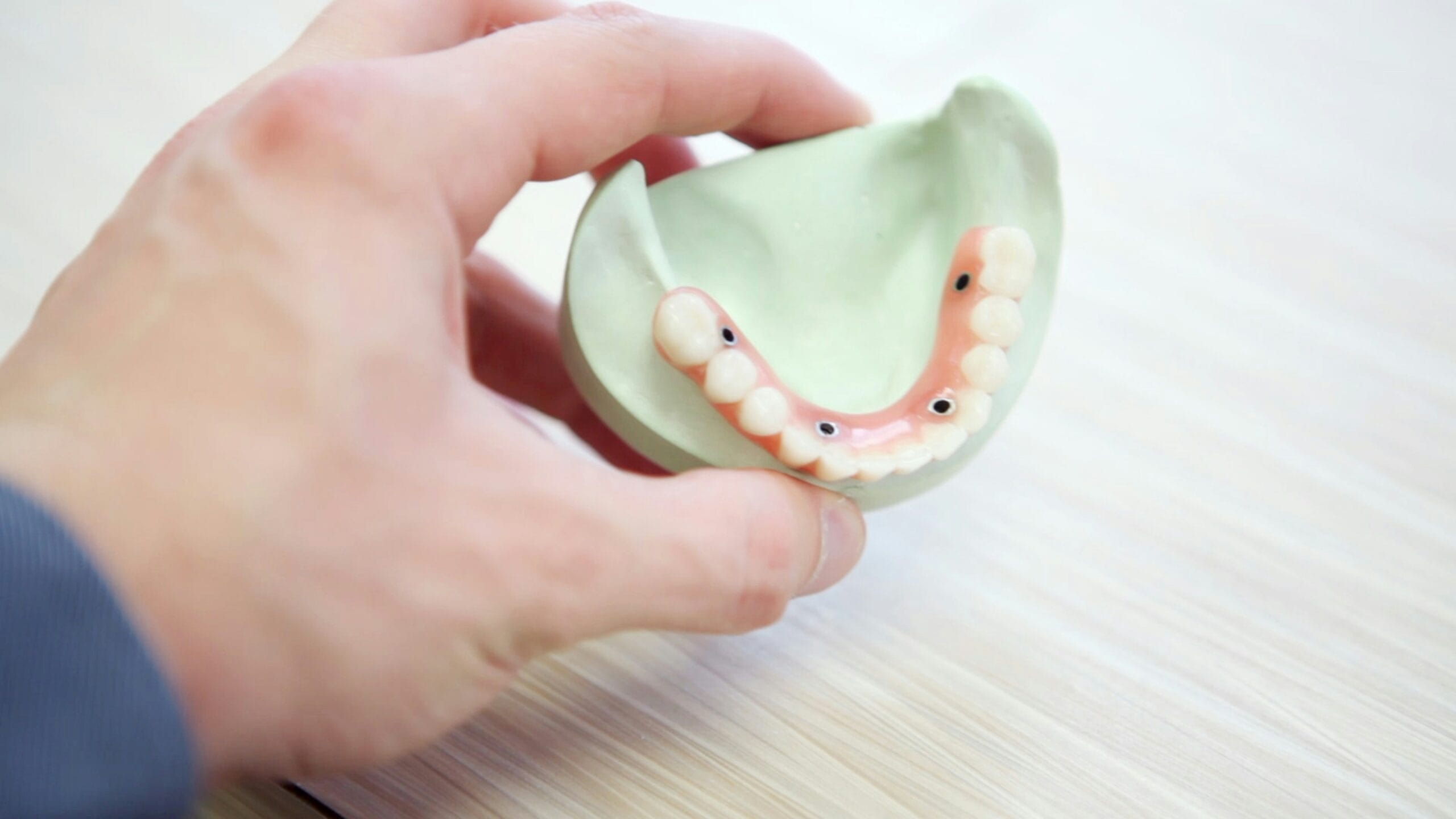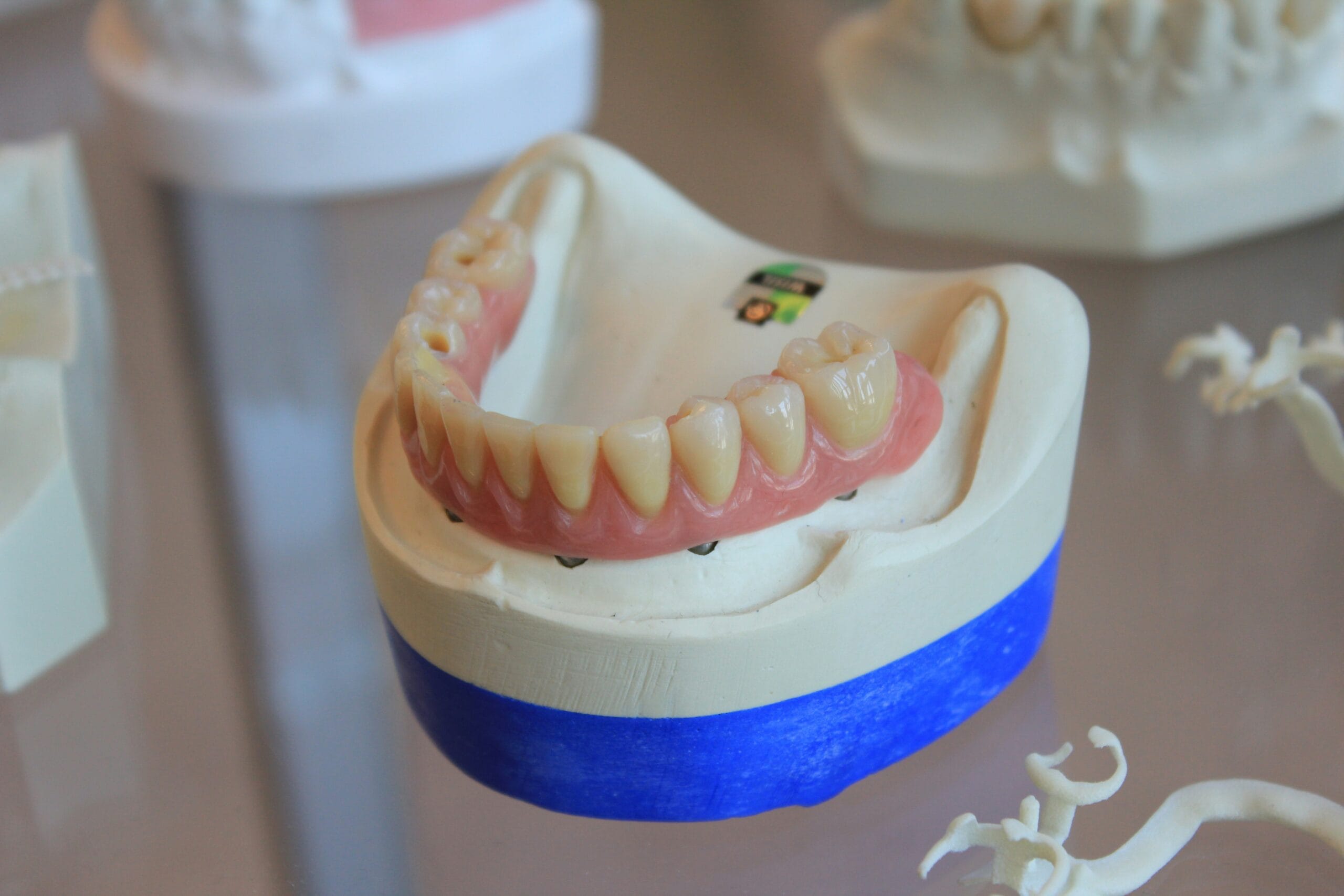Oral health is a vital, yet often overlooked, component of holistic well-being. Minneapolis, renowned for its thriving culture and advanced healthcare services, stands out as a hub for exceptional dental care, providing residents with access to solutions that enhance both oral and overall health. Expert orthodontists in the city help individuals achieve not only a radiant smile but also a significant boost in quality of life. The connection between oral care and overall wellness goes far beyond appearances, affecting physical, mental, and social health. Understanding this profound relationship can inspire people to prioritize dental hygiene as an integral part of their wellness journey.
- How Oral Health Impacts Physical Wellness
Oral health and physical health are deeply interconnected. The mouth serves as a window to the body, and dental problems often signal or exacerbate broader systemic issues. Poor oral hygiene can lead to gum diseases like gingivitis and periodontitis, which are linked to conditions such as heart disease, diabetes, and respiratory infections. Harmful bacteria from the mouth may enter the bloodstream, triggering inflammation that affects the entire body. Additionally, untreated dental issues like abscesses can lead to severe infections, compromising the immune system. By practicing good oral hygiene, individuals can mitigate these risks and support overall physical health.
- Advanced Orthodontic Care: A Path to Wellness
Regular visits to dental professionals are essential for addressing potential issues early. Orthodontists in Minneapolis specialize in correcting misalignments and bite problems, offering modern treatments such as braces and clear aligners. These solutions not only improve the aesthetics of a smile but also address functional concerns like jaw pain, chewing difficulties, and sleep disturbances. Access to such advanced care in Minneapolis empowers residents to achieve optimal oral health, which in turn enhances overall well-being by improving comfort, confidence, and quality of life.
- Oral Health and Mental Well-Being
The impact of oral health extends to mental and emotional wellness. A healthy, bright smile boosts self-esteem, allowing individuals to feel more confident in social and professional settings. Conversely, dental issues such as bad breath, missing teeth, or discoloration can lead to embarrassment, social withdrawal, and even anxiety or depression. Research highlights the strong correlation between oral health and mental well-being, with many reporting improved self-image and mood following dental treatment. Prioritizing oral care can therefore contribute to greater emotional resilience and a more positive outlook on life.
- The Influence of Oral Health on Nutrition
Oral health significantly affects dietary habits and overall nutrition. Dental problems like cavities, gum disease, or missing teeth can make eating uncomfortable, limiting food choices and reducing nutrient intake. For instance, individuals with chewing difficulties may avoid healthy but hard-to-eat foods like fresh fruits and vegetables, leading to nutritional deficiencies. Maintaining oral health through regular checkups and appropriate treatments ensures the ability to enjoy a balanced diet, which is essential for sustaining physical energy and overall vitality.
- The Role of Oral Health in Personal and Professional Success
A confident smile is a powerful asset in social and professional interactions. It leaves a positive first impression and can foster meaningful connections. Dental issues, on the other hand, may lead to self-consciousness, causing individuals to avoid social engagements or struggle with effective communication. By addressing oral health concerns, people can enhance their self-confidence, enabling them to thrive in both personal and professional contexts. The benefits extend beyond aesthetics, influencing how others perceive and respond to them.
- Gum Health and Its Effect on Chronic Diseases
Healthy gums are critical in preventing chronic diseases. Conditions such as gingivitis and periodontitis, often caused by poor oral hygiene, can contribute to systemic inflammation and have been linked to cardiovascular diseases, including heart attacks and strokes. Individuals with diabetes face a higher risk of gum infections due to elevated blood sugar levels, while untreated gum disease can, in turn, worsen blood sugar control. Focusing on gum health through regular cleanings and effective oral hygiene practices helps break this cycle, reducing the risk of chronic conditions and supporting overall wellness.
Maintaining oral health is about more than just a beautiful smile—it’s about fostering comprehensive well-being. From reducing the risk of chronic illnesses to boosting confidence and mental health, prioritizing oral care creates a ripple effect on all aspects of life. With access to expert care and a commitment to dental hygiene, individuals can enjoy a healthier, more vibrant life. A proactive approach to oral health ensures not only a confident smile but also a stronger foundation for long-term well-being.
All Photos: Unsplash.com
This article is reproduced here with the kind permission of wellbeingmagazine.com










